Delhi Air Pollution: AQI 'Very Poor', Ban on Construction Lifted; WFH Till Nov 26
Mon 22 Nov 2021, 22:28:59
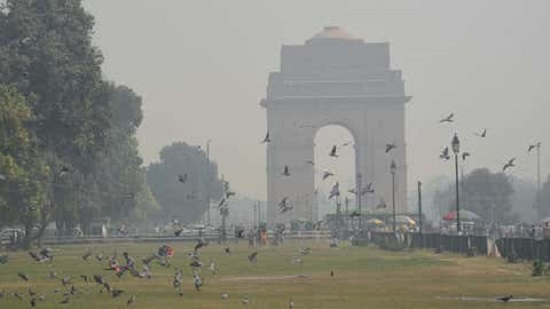
The Delhi government has lifted the ban on construction and demolition activities in view of an improvement in the air quality and inconvenience caused to workers, Environment Minister Gopal Rai said on Monday. Rai also said the government will take a call on the reopening of schools, colleges and other educational institutions and work-from-home for government staff during a review meeting on Wednesday. “We will also discuss if CNG-operated trucks carrying non-essential items can be allowed to enter Delhi if the situation continues to improve," he said.
TOP UPDATES ON THE AIR POLLUTION SITUATION
1) Gopal Rai said pollution levels, which had rising since November 4 (touching the 600 AQI-mark) had shown some decline, due to two factors — the steps taken to control pollution and stronger wind speeds.
2) Gopal Rai said if pollution levels continued to improve in the national capital, the entry of CNG trucks may be allowed. The next review meeting on the matter has been scheduled for November 24, wherein a decision on the reopening of schools will also be taken, Rai said.
3) The entry of non-essential trucks in the national capital remains banned, however, and work from home will continue in Delhi until November 26 to further control the situation.
4) Construction and demolition activities can now proceed in the national capital. However, Rai warned that a “strict eye" will be kept on the 14-point guidelines issued earlier on the matter. The Environment Minister 585 monitoring teams in Delhi would keep a watch on these activities and if a violation was found, work would be stopped immediately, with notices and fines being
issued. Rai said the move had been taken to ease the plight of construction workers.
issued. Rai said the move had been taken to ease the plight of construction workers.
5) Rai appealed to the public to use more public transport instead of private vehicles to reduce vehicular pollution, as well. The minister said the government has hired 1,000 private CNG-operated buses to augment public transport. These will have “Prayavaran Bus Sewa" written on them and people can travel on them like DTC buses.
6) Strong surface winds brought some relief from high pollution levels in Delhi and improved visibility on Monday morning, officials said. The air quality index of the city stood at 307, which falls in the very poor category. However, it was down from 349 the previous day.
7) The air quality index of Gurugram, Greater Noida, Faridabad and Noida stood at 318, 213, 326 and 268 respectively. An AQI between zero and 50 is considered good, 51 and 100 satisfactory, 101 and 200 moderate, 201 and 300 poor, 301 and 400 very poor, and 401 and 500 severe.
8) Following orders from the Commission for Air Quality Management, the Delhi government had on earlier issued 10 directions, including a ban on the entry of trucks carrying non-essential items into the city and closure of schools and colleges, till further orders.
9) Chief Minister Arvind Kejriwal tweeted about Delhi’s ‘very poor’ air quality, with the AQI standing at 311 on Monday. An AQI between 301 and 400 is considered ‘Very Poor’.
10) The IMD has said that minimum temperatures are likely to fall by two to four degrees over most parts of northwest and central India in the next two days. Colder temperatures are linked to increased air pollution.
No Comments For This Post, Be first to write a Comment.
Most viewed from National
Most viewed from World
AIMIM News
Latest Urdu News
Most Viewed
May 26, 2020
Do you think Canada-India relations will improve under New PM Mark Carney?
Latest Videos View All
Like Us
Home
About Us
Advertise With Us
All Polls
Epaper Archives
Privacy Policy
Contact Us
Download Etemaad App
© 2025 Etemaad Daily News, All Rights Reserved.

.jpg)
.jpg)
.jpg)
.jpg)
.jpg)
.jpg)
.jpg)
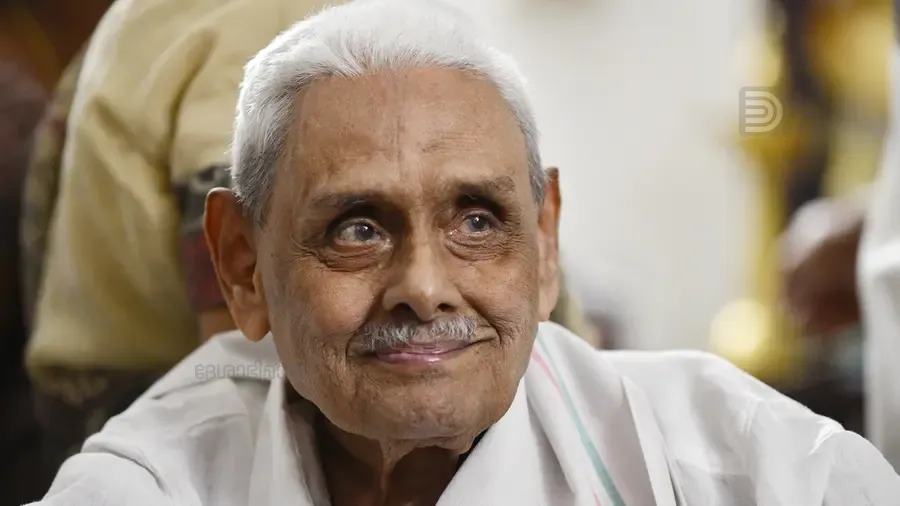
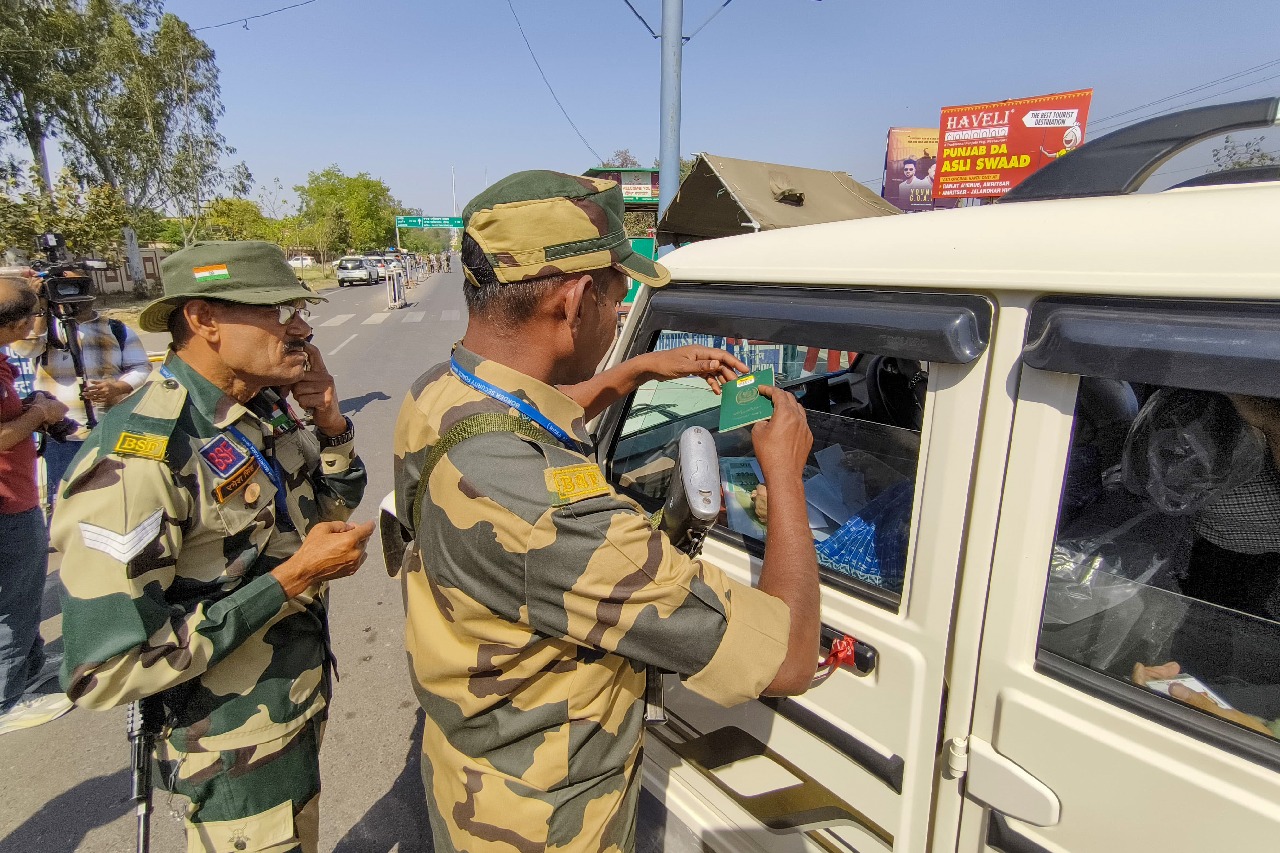
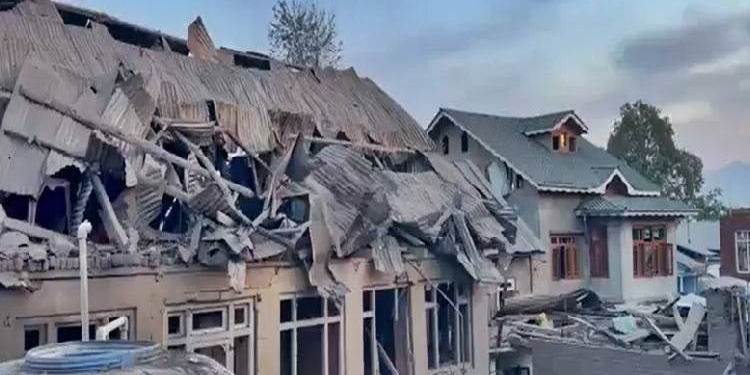

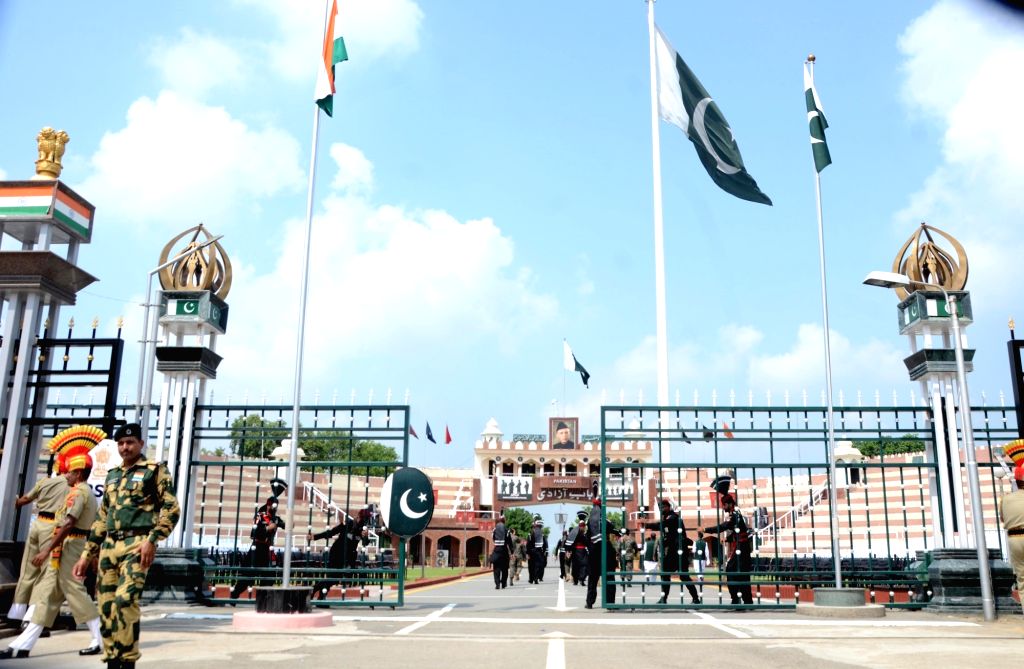
.jpg)
.jpg)
.jpg)
.jpg)
.jpg)
.jpg)
.jpg)
.jpg)
.jpg)
.jpg)



















